Donald Trump is in the global affairs box seat, but Xi Jinping is ready to rumble at Rio G20
As Donald Trump and Russian President Vladimir Putin miss the South American summits, Chinese leader Xi Jinping is meeting with dozens of world leaders to shore up support.
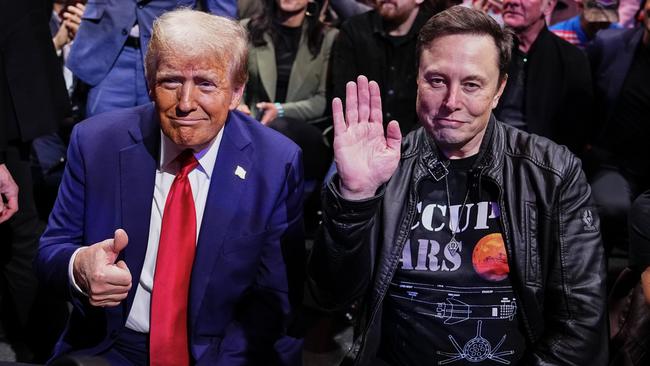
Anthony Albanese, Xi Jinping and other world leaders assembled in South America are resigning themselves to broad and symbolic APEC and G20 summit outcomes, given the absence of US president-elect Donald Trump, who has promised to up-end decades of global norms.
Ahead of an expected bilateral meeting between the Prime Minister and Chinese President at the G20 summit in Rio de Janeiro, the presence of lame-duck US President Joe Biden has plunged the annual power gatherings into what some insiders describe as “borderline irrelevancy”.
The Australian understands some US media outlets are viewing Mr Biden’s final leaders meetings in South America as so inconsequential that news crews haven’t been sent to cover APEC and G20 summits in Peru and Brazil.
Following Mr Trump’s election victory, American voters, journalists and elites are fixated on the Republican billionaire and his assembling of a team that threatens to shake up traditional rules underpinning international trade, security, technological, climate change and diplomatic partnerships.
As world leaders navigate a state of uncertainty over his America First 2.0 agenda, Mr Trump on Sunday (AEDT) was thousands of miles away at an Ultimate Fighting Championship event in New York with his new “department of government efficiency” chief Elon Musk, the world’s richest man.
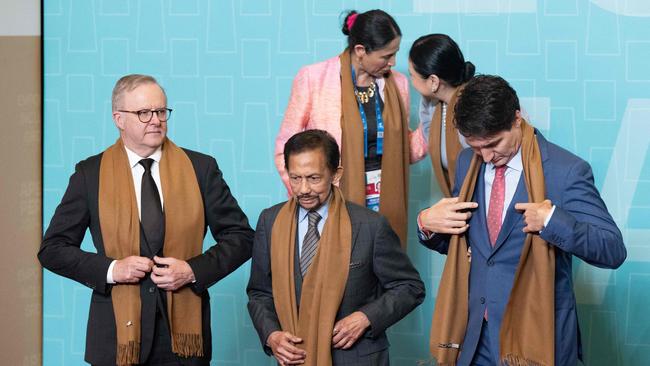
With Mr Trump and Russian President Vladimir Putin not at the South American summits, Mr Xi is meeting with dozens of world leaders to shore up support for China amid fears of a damaging US-China trade war.
Mr Trump has pledged to hit Chinese imports with 60 per cent tariffs, and slug other imports with tariffs of up to 20 per cent, potentially including Australian products. He has also committed to pulling the US out of the Paris Agreement and Green Climate Fund for the second time when he returns to the White House in January.
Mr Albanese, Mr Xi and APEC leaders in Lima on Sunday (AEDT) released a strongly worded statement supporting free and fair trade, despite Beijing previously breaching World Trade Organisation rules and indiscriminately banning Australian products.
“We acknowledge the importance of, and will continue to work to deliver, a free, open, fair, non-discriminatory, transparent, inclusive and predictable trade and investment environment. We reaffirm our support for the rules-based multilateral trading system, with the WTO at its core, and remain committed to working toward necessary WTO reform, in order to improve all of its functions,” the APEC leaders’ Machu Picchu declaration said.
As Mr Albanese balances Australia’s security relationship with the US and trading relationship with China, the Prime Minister confirmed he would not advocate on Beijing’s behalf in the event of a US-China trade war.
“That’s a matter between China and the United States. My job is to advocate for Australia’s national interests. I leave bilateral relations between other countries to them. President Trump will take office on January 20 and I’m not about pre-empting any of those decisions that might be made,” Mr Albanese, who will miss three parliamentary sitting days in Canberra before returning home on Thursday, told Sky News.
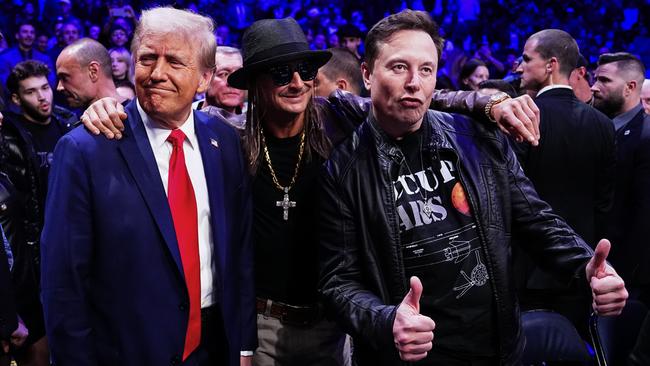
G20 leaders are this week unlikely to achieve consensus on contentious issues, including a collective condemnation of Russia’s invasion of Ukraine and pathways to peace in the Middle East. Agreement on climate change action will fall short, with stronger targets pushed by advanced Western nations set to be watered down by developing and resource-rich countries including China, Russia and India.
Alongside the US and other countries, Mr Albanese – who chatted with Mr Xi and Mr Biden at the APEC leaders gala presidential palace dinner in Lima on Saturday – failed to win support at the economic forum to elevate Russia’s invasion of Ukraine and the Gaza conflict as priority issues.
Peruvian President Dina Boluarte, the APEC chair, said “some economies expressed their views on Russia and Ukraine and the situation in Gaza … while other economies do not believe the APEC is a forum to discuss these issues”. China and Russia vetoed the push to link economic impacts of the Ukraine and Middle East conflicts with APEC resolutions.
Mr Biden – who on Monday (AEDT) will become the first US President to visit the Amazon rainforest during a brief stop in the Brazilian city of Manaus – met for the third and final time with Mr Xi following the APEC summit. Meeting in a Lima hotel, the leaders exchanged brief opening comments flanked by key advisers, including US Secretary of State Antony Blinken and National Security Adviser Jake Sullivan.
Reflecting on developments since meeting in San Francisco last year, which included re-establishing military-to-military communication and closer ties around artificial intelligence and countering narcotics, Mr Biden said he was “proud of the progress we both made together”.
“For over a decade you and I have spent many hours together, both here and in China, and in between. I think we spent a long time dealing with these issues. We haven’t always agreed. But our conversations have always been candid. And always been frank. We have never kidded one another. We have been level with one another. I think that’s vital,” Mr Biden said.
Mr Xi made clear the Chinese government was ready to work with the new Trump administration, saying: “China’s goal of a stable, healthy and sustainable China-US relationship remains unchanged.”
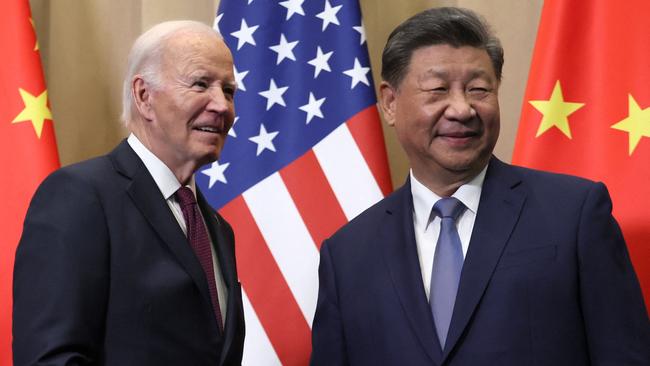
Earlier at APEC, Mr Xi warned against any efforts to unwind globalisation in the wake of Mr Trump’s election win. Mr Xi is pushing for emerging nations in the Global South to expand their influence with support from China.
“Blocking economic co-operation under various excuses and dividing an interdependent world is going back in history. The world has entered a new period of turbulence and change. Unilateralism and protectionism is spreading, the fragmentation of the world economy is intensifying. Economic globalisation is faced with severe challenges,” Mr Xi said.
Mr Albanese will meet with a number of world leaders at the G20 summit including Indian Prime Minister Narendra Modi, European Commission president Ursula von der Leyen and Brazilian President Luiz Inacio Lula da Silva, who he will join at the launch of the Global Alliance against Hunger and Poverty on Tuesday (AEDT).
Arriving early in Brazil, Mr Albanese said “like APEC, the outcomes of the G20 will support jobs and economic growth for Australians at home”.
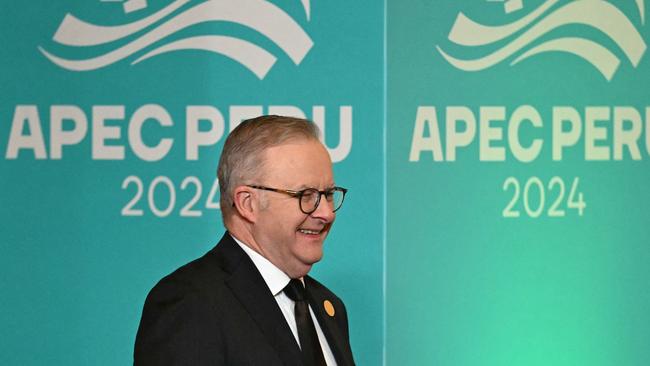
Mr Albanese welcomed comments by International Monetary Fund managing director Kristalina Georgieva at the APEC summit. Ms Georgieva said “inflation is retreating” without economies slipping into recessions.
“This is a remarkable achievement and yet in many countries it is not reflected in public sentiment. Inflation may be falling but the higher prices people feel in their wallets are here to stay,” Ms Georgieva said.
Ahead of a federal election next year fought on inflation and cost-of-living pressures, the IMF chief said it was important for governments to ensure “policy actions are well explained to earn the trust of the people … fiscal restraint is never popular … and our analysis shows it’s only getting harder. Even traditionally fiscally conservative political parties are developing a taste for borrow-to-spend. But it is paramount to have prudent fiscal rules in place as an anchor for government spending”.
ADDITIONAL REPORTING: JOE KELLY


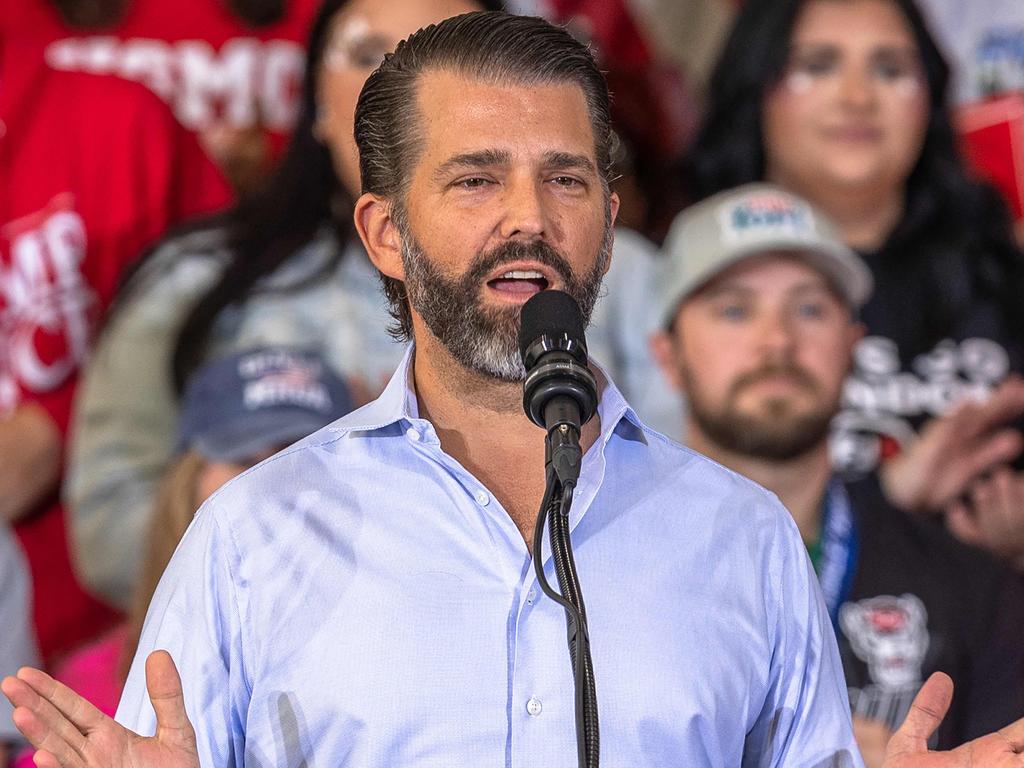
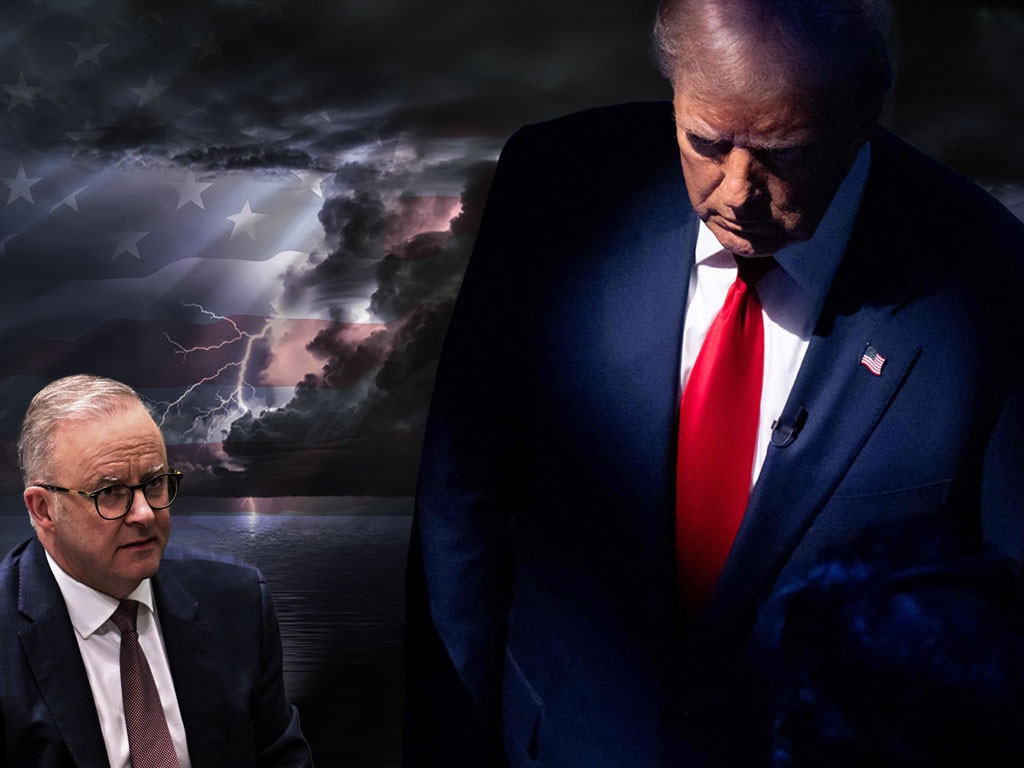


To join the conversation, please log in. Don't have an account? Register
Join the conversation, you are commenting as Logout